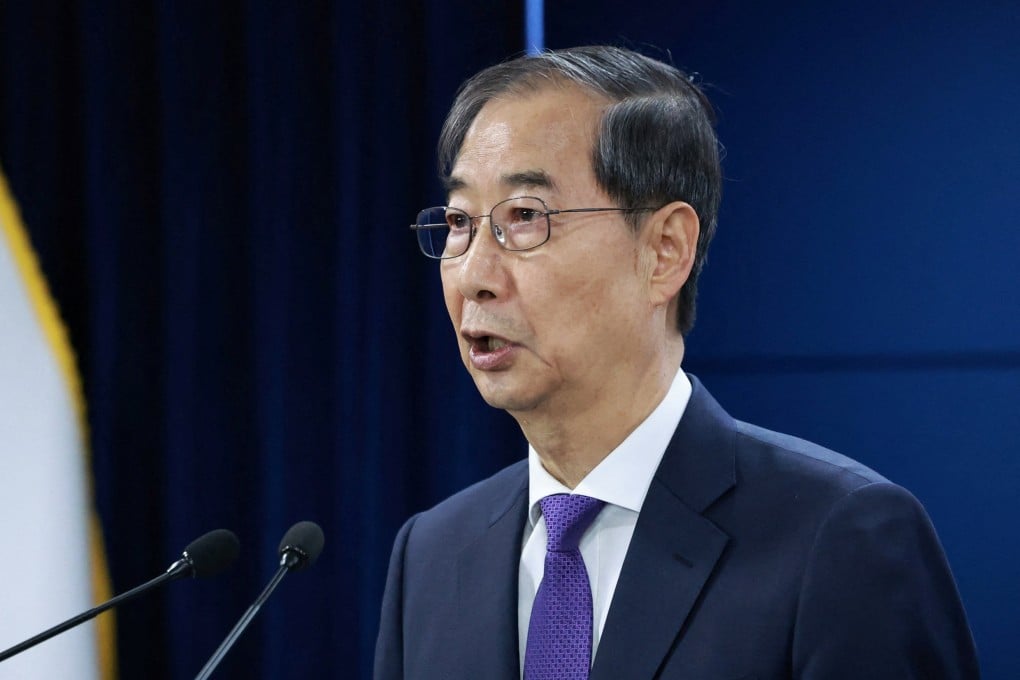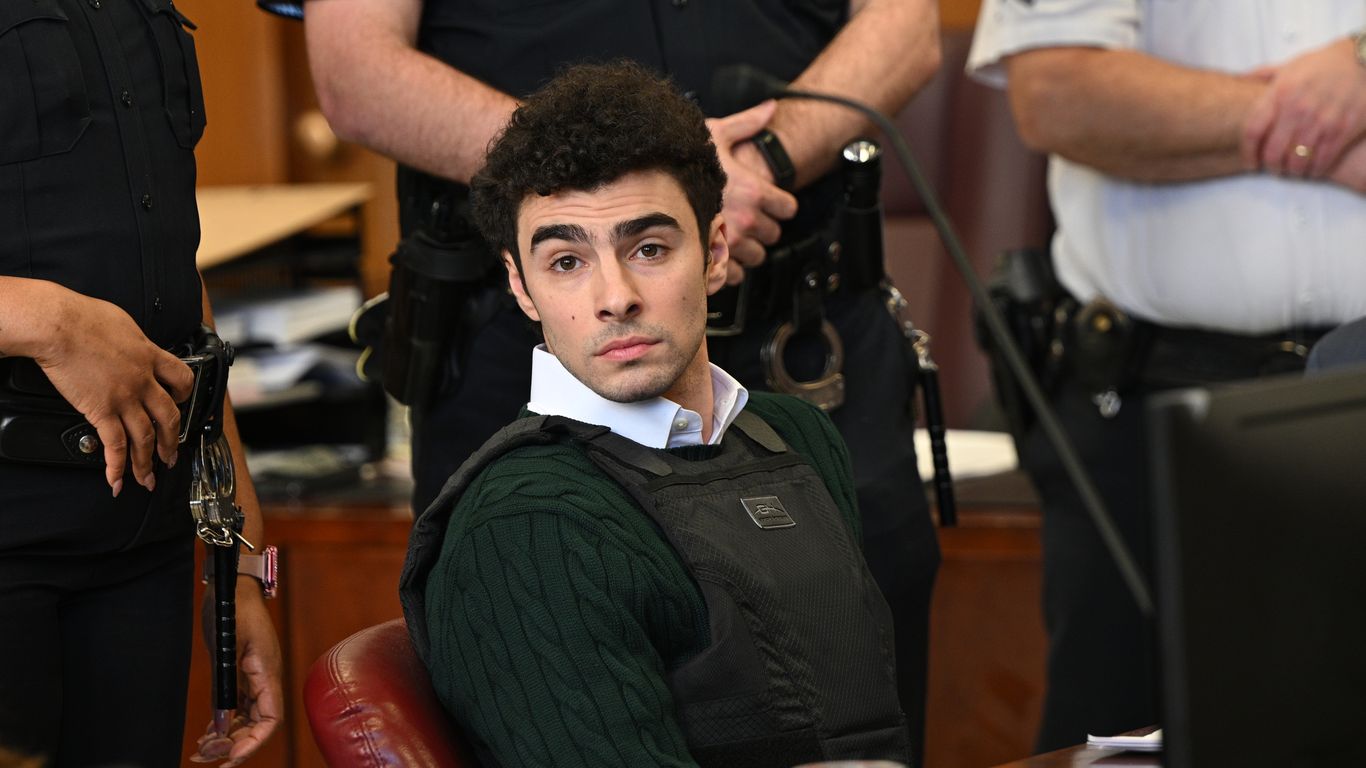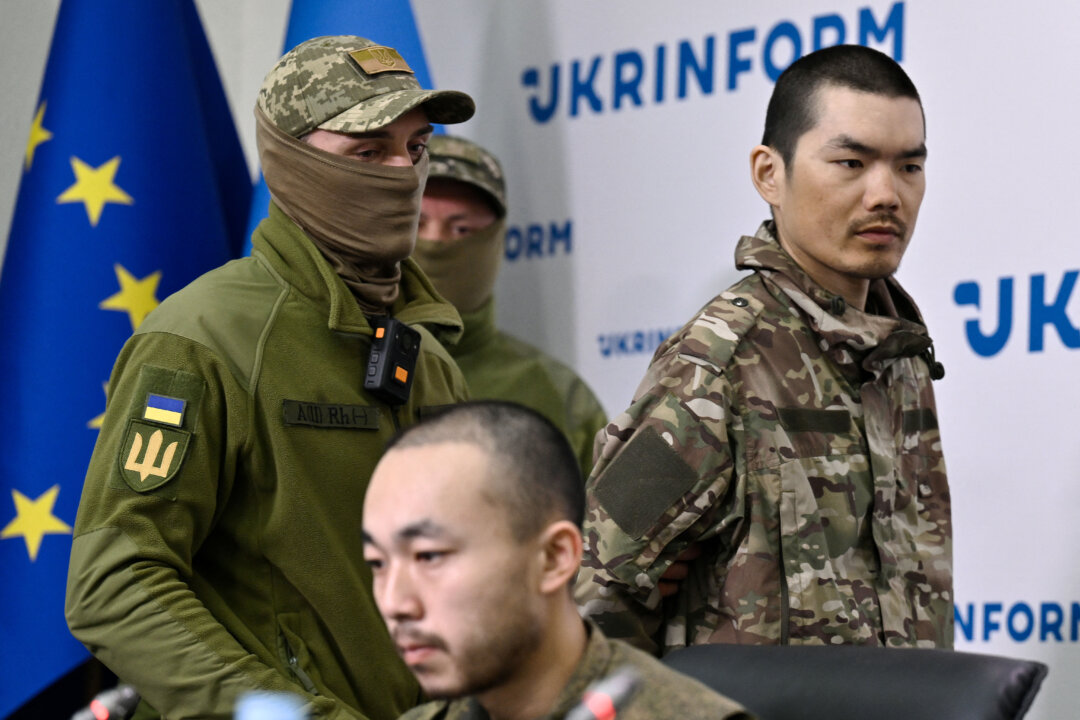Qatar tribune Tribune News Network Doha As Qatar Foundation marks 30 years of its founding, its alumni are a testament to its vision: creating lifelong learners equipped to lead Qatar into its next chapter of innovation. Balkees Ahmed AlJaafari, an Iraqi graduate of Qatar Foundation (QF) partner university Northwestern University in Qatar, has spent the last three years transforming English education at Al Bayan Primary First School for Girls through Teach For Qatar. “I heard from friends who graduated before me about how they enjoyed being in a school, not just teaching English, but giving back what they learned at QF to the students,” says AlJaafari.
What sets AlJaafari apart is how she has incorporated her communications background into teaching. Inspired by her university courses, she launched a screenwriting competition at her school. “I wanted to experience teaching differently.

Whenever we had free time, I would teach them about screenwriting, how to imagine and think outside the box,” AlJaafari explains. In the area of precision medicine and health, Dr. Abdulrahman Ahmed Al-Subaiey explains the impact that QF has had on him.
After graduating from Carnegie Mellon University in Qatar (CMU-Q), another QF partner university, with a degree in Biological Sciences and later earning his Ph.D. from QF’s Hamad Bin Khalifa University (HBKU), he now leads groundbreaking research at QF’s Sidra Medicine.
“My education at CMU-Q played a pivotal role in preparing me for both scientific research and entrepreneurship,” says Dr. Al-Subaiey. His research on autoimmune epilepsy exemplifies how QF’s approach to education and healthcare addresses specific health challenges facing Qatar’s population.
“What stands out most is the culture of interdisciplinary collaboration and real-world impact that QF fosters across its education and research entities,” he explains. Haitham Al-Haidari, a 2015 graduate of QF partner university Texas A&M University at Qatar (TAMUQ) with a degree in Mechanical Engineering, embodies QF’s impact in the Artificial Intelligence (AI) sector. Following graduation, Al-Haidari transformed himself from an engineer into a serial entrepreneur, launching numerous tech companies.
His venture Modaris, started with just US$200, grew into an international company operating in seven countries. “I’ve helped over 200 QF graduates generate income for themselves and over 8,000 students in Qatar. The impact is huge, so I focus on things with big impact,” says Al-Haidari says, who credits QF for giving him confidence to pursue high-impact initiatives.
“It comes from seeing QF as an institution trying to do good things – seeing the work that QF does, makes you wonder ‘why not me as well?’” Eng. Abeer Buhelaiqa, a petroleum engineering graduate from TAMUQ who later earned her master’s in Women’s Society and Development from HBKU, founded the Qatar Women Engineers Association (QWEA). The association emerged directly from her master’s thesis research, which identified the critical need for platforms that highlight women’s achievements in STEM fields.
With direct encouragement from QF leadership, she transformed academic research into real-world impact. QWEA now has approximately 300 members and has become a model across the Gulf Cooperation Council countries. “Working in the industry gave me insight about women engineers in Qatar.
We have many women joining the industry, yet there were none in leadership positions. This motivated me to investigate why,” she says. In the field of sustainability, Nada Raafat Elkharashi exemplifies how QF nurtures creative approaches to environmental challenges.
The graduate from QF partner university Virginia Commonwealth University School of the Arts in Qatar, who earned degrees in Interior Design and Interdisciplinary Design Studies, creates innovative solutions like ‘Electric Skin’, which reimagines our relationship with energy, ‘66km’, a sculptural piece addressing water scarcity, merging Qatar’s climate with material research and cultural narratives, and, most recently, the prestigious Earthna Prize design titled ‘Earthna Echo’, which transforms sound wave patterns into a sculptural representation of environmental impact. “Qatar Foundation is already creating the space for unexpected collaborations between design, science, culture, and sustainability,” says Elkharashi. “It supports alumni in ways that feel purposeful, not performative.
It’s not just about showcasing innovation but about enabling it.” What unites these diverse alumni is how their education in QF prepared them not just for careers, but for creating meaningful change. As Dr.
Al-Subaiey reflects, “QF’s most significant contribution has been its ability to empower and enable, giving me the tools and encouragement to pursue a path that is uniquely my own.” Copy 01/05/2025 10.
Politics

Qatar Foundation alumni: Driving the future of Qatar

Tribune News NetworkDohaAs Qatar Foundation marks 30 years of its founding, its alumni are a testament to its vision: creating lifelong learners equipped to lead Qatar into its nex...















